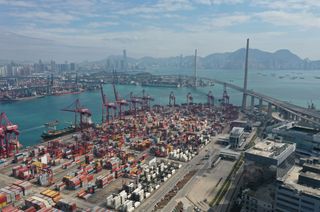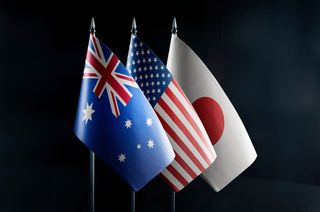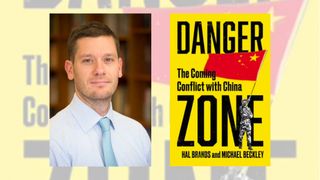The Obama government came into office seeking to sustain and develop the positive equilibrium in US-Chinese relations seen in the later years of the George W. Bush administration. Repeated episodes of perceived Chinese assertiveness toward the United States on issues involving public complaints about US policies and practice regarding Taiwan, Tibet, the South China Sea, and economic policies have underlined important differences between the United States and China and raised questions as to future cooperation or conflict between the United States and China. Assessing the determinants of US-Chinese cooperation and salient US-Chinese differences, as well as power realities in Asia-Pacific affairs, this analysis concludes that the positive equilibrium seen between the two governments in recent years will continue, though forward movement will remain difficult on account of major differences and mutual suspicions.
Robert Sutter has been a full-time Visiting Professor of Asian Studies at the School of Foreign Service, Georgetown University, since 2001. A PhD graduate in History and East Asian Languages from Harvard University, Sutter has published 18 books, over 100 articles and several hundred government reports dealing with contemporary East Asian and Pacific countries and their relations with the United States. His most recent book is US-Chinese Relations: Perilous Past, Pragmatic Present (Rowman and Littlefield 2010). Sutter’s government career (1968-2001) focused on Asian and Pacific affairs and US foreign policy. He was the Senior Specialist and Director of the Foreign Affairs and National Defense Division of the Congressional Research Service, the National Intelligence Officer for East Asia and the Pacific at the US Government’s National Intelligence Council, and the China Division Director at the Department of State’s Bureau of Intelligence and Research.
This is event was co-hosted with the Institute of Social Sciences at the University of Sydney.






